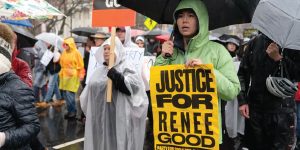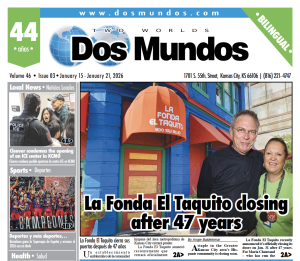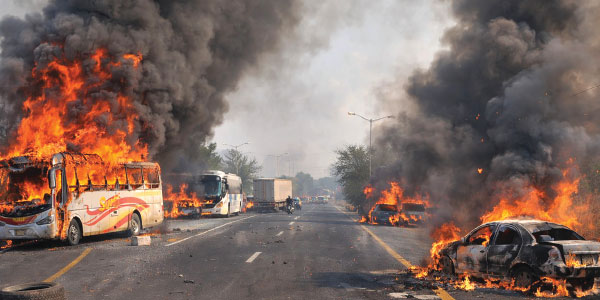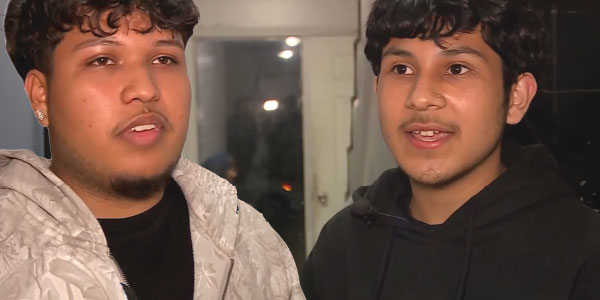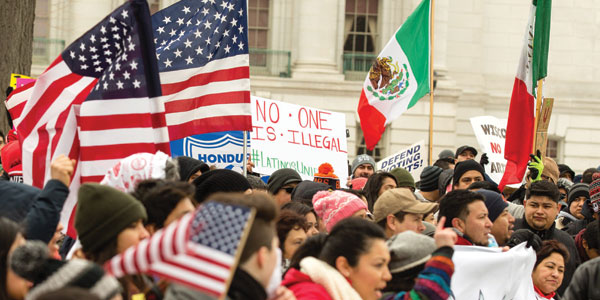
By Tere Siqueira
On Nov. 20, U.S. District Court Judge William Orrick permanently blocked President Trump’s executive order to cut funding from the so-called “sanctuary cities.”
Sanctuary cities are those that limit their cooperation with national immigration authorities. They do so to reduce the fear of deportation and possibly family breakups among people who are living illegally in the country. Major sanctuary cities include Los Angeles, San Francisco, New York and Chicago.
Orrick’s decision follows the lawsuits filed by San Francisco and Santa Clara counties. According to The New York Times, the judge stated that the order could’ve jeopardized funding to both counties.
In response, Department of Justice spokesman Devin O’Malley commented on the ruling via the following statement: “The district court exceeded its authority today when it barred the president from instructing his cabinet members to enforce existing law. The Justice Department will vindicate the president’s lawful authority to direct the executive branch.”
The judge’s decision follows a temporary hold on the executive order targeting sanctuary cities. The Trump administration appealed that decision with the 9th U.S. Circuit Court of Appeals.
_________________________________________________________________________________________________
Juez federal bloquea orden de Trump sobre ciudades santuario
El 20 de noviembre, el juez del Tribunal de Distrito de Estados Unidos, William Orrick, bloqueó permanentemente la orden ejecutiva del presidente Trump de recortar fondos de las llamadas “ciudades santuario”.
Las ciudades santuario son aquellas que limitan su cooperación con las autoridades nacionales de inmigración. Éstas lo hacen para reducir el temor a la deportación y la posible separación de familias entre las personas que viven ilegalmente en el país. Algunas de las principales ciudades santuario son Los Ángeles, San Francisco, Nueva York y Chicago.
La decisión de Orrick es una respuesta a las demandas presentadas por los condados de San Francisco y Santa Clara. Según The New York Times, el juez declaró que la orden podría haber comprometido el financiamiento de ambos condados.
En respuesta, el portavoz del Departamento de Justicia, Devin O’Malley, comentó sobre el fallo a través de la siguiente declaración: “El tribunal de distrito excedió su autoridad hoy cuando prohibió al Presidente instruir a los miembros de su gabinete para hacer cumplir la ley existente. El Departamento de Justicia reivindicará la autoridad legal del Presidente para dirigir la decisión ejecutiva”.
La decisión del juez se produce después de una suspensión temporal de la orden ejecutiva dirigida a las Ciudades Santuario. El gobierno de Trump apeló esa decisión ante la Novena Corte de Apelaciones de EE. UU.



